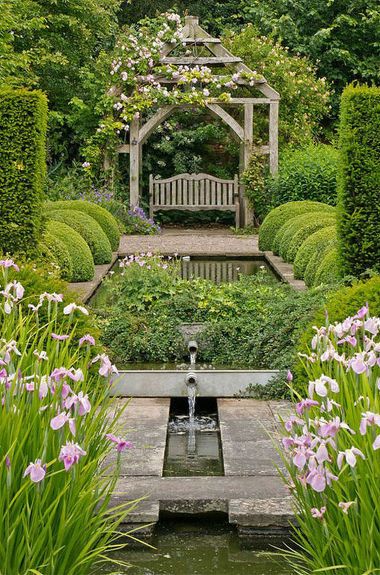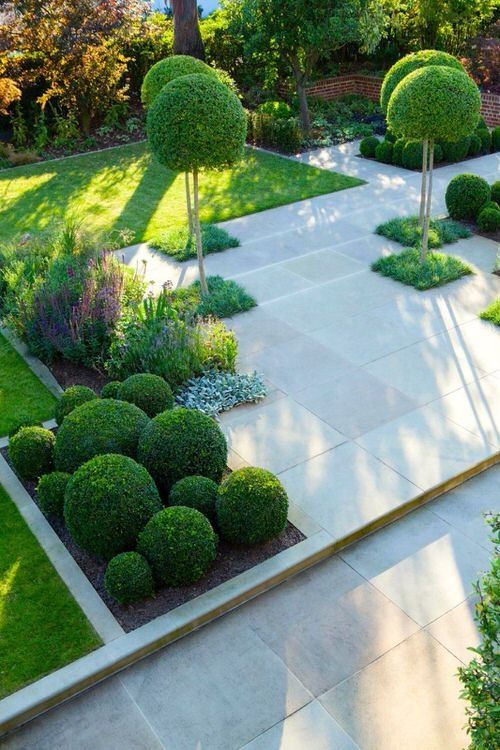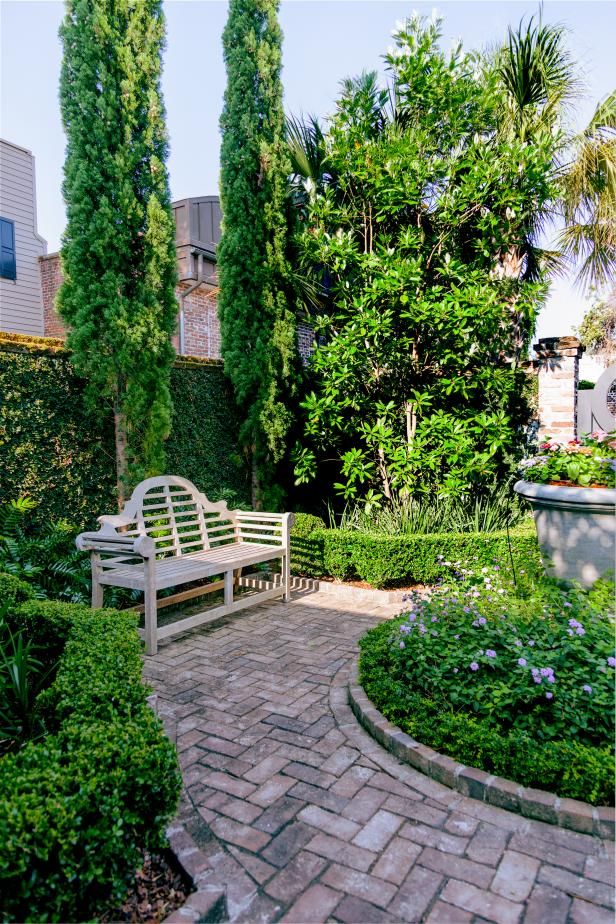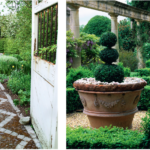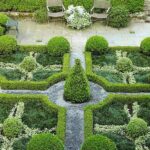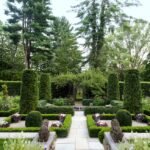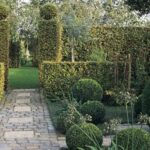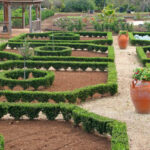Formal garden design is a style that emphasizes structure, symmetry, and order. Dating back to the gardens of ancient civilizations, formal garden design became popular in Europe during the Renaissance and Baroque periods. Today, formal gardens can be found in many different types of landscapes, from grand estates to private residences.
One of the key features of formal garden design is the use of geometric shapes, such as squares, circles, and rectangles. These shapes are often used to create pathways, lawns, and beds of flowers or shrubs. The use of symmetry is also important in formal garden design, with many gardens mirroring the layout of one side to the other.
Formal gardens often feature elements such as topiaries, which are bushes or trees that have been pruned into specific shapes, such as spheres or cones. These topiaries add a sense of whimsy and formality to the garden. Other common features in formal garden design include clipped hedges, classical statues, fountains, and ornamental pools.
In terms of planting, formal gardens often feature neat rows of plants, carefully chosen to complement the overall design of the garden. Flower beds may be filled with annuals or perennials that bloom at different times of the year, providing color and interest throughout the seasons. Trees and shrubs are often pruned to maintain a formal appearance, with straight lines and clean edges.
Formal garden design can be adapted to suit many different types of spaces, from a small courtyard to a sprawling estate. In smaller gardens, the key is to make the most of the available space by using elements such as raised beds, trellises, and planters to create interest and texture. In larger gardens, formal design can be used to create a sense of grandeur and elegance, with sweeping lawns, grand pathways, and impressive focal points.
Overall, formal garden design is a timeless style that can bring a sense of order and beauty to any outdoor space. By incorporating geometric shapes, symmetry, and carefully chosen plants and features, a formal garden can create a sense of harmony and tranquility for the homeowner and their guests to enjoy.
 yishifashion Where Outdoor Dreams Become Reality
yishifashion Where Outdoor Dreams Become Reality
